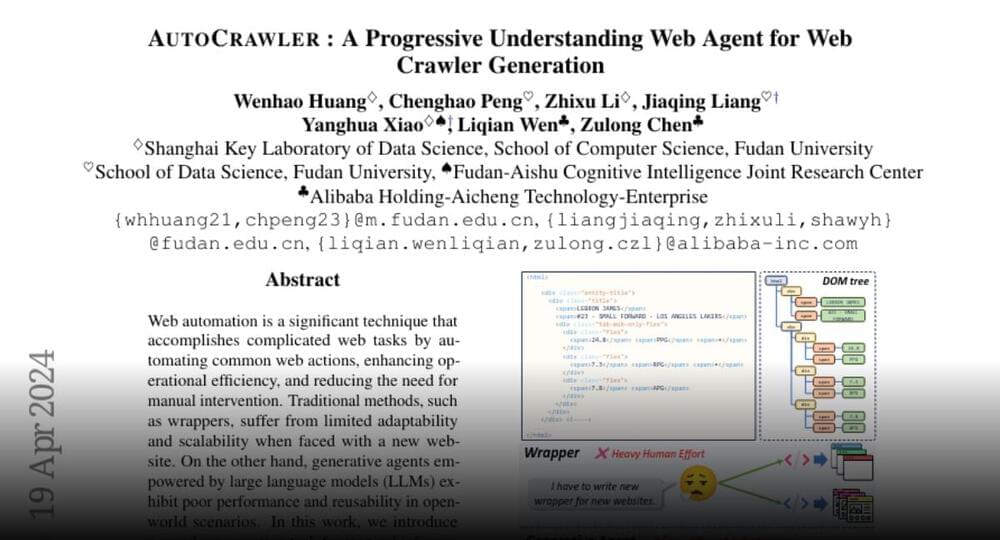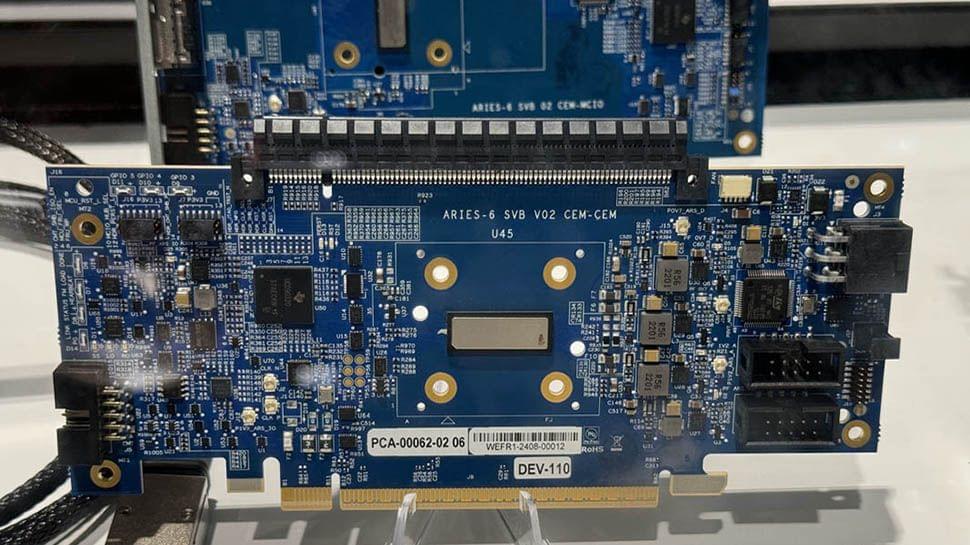NVIDIA is all set to aid Japan in building the nation’s hybrid quantum supercomputer, fueled by the immense power of its HPC & AI GPUs.
Japan To Rapidly Progressing In Quantum and AI Computing Segments Through Large-Scale Developments With The Help of NVIDIA’s AI & HPC Infrastructure
Nikkei Asia reports that the National Institute of Advanced Industrial and Technology (AIST), Japan, is building a quantum supercomputer to excel in this particular segment for prospects. The new project is called ABCI-Q & will be entirely powered by NVIDIA’s accelerated & quantum computing platforms, hinting towards high-performance and efficiency results out of the system. The Japanese supercomputer will be built in collaboration with Fujitsu as well.









